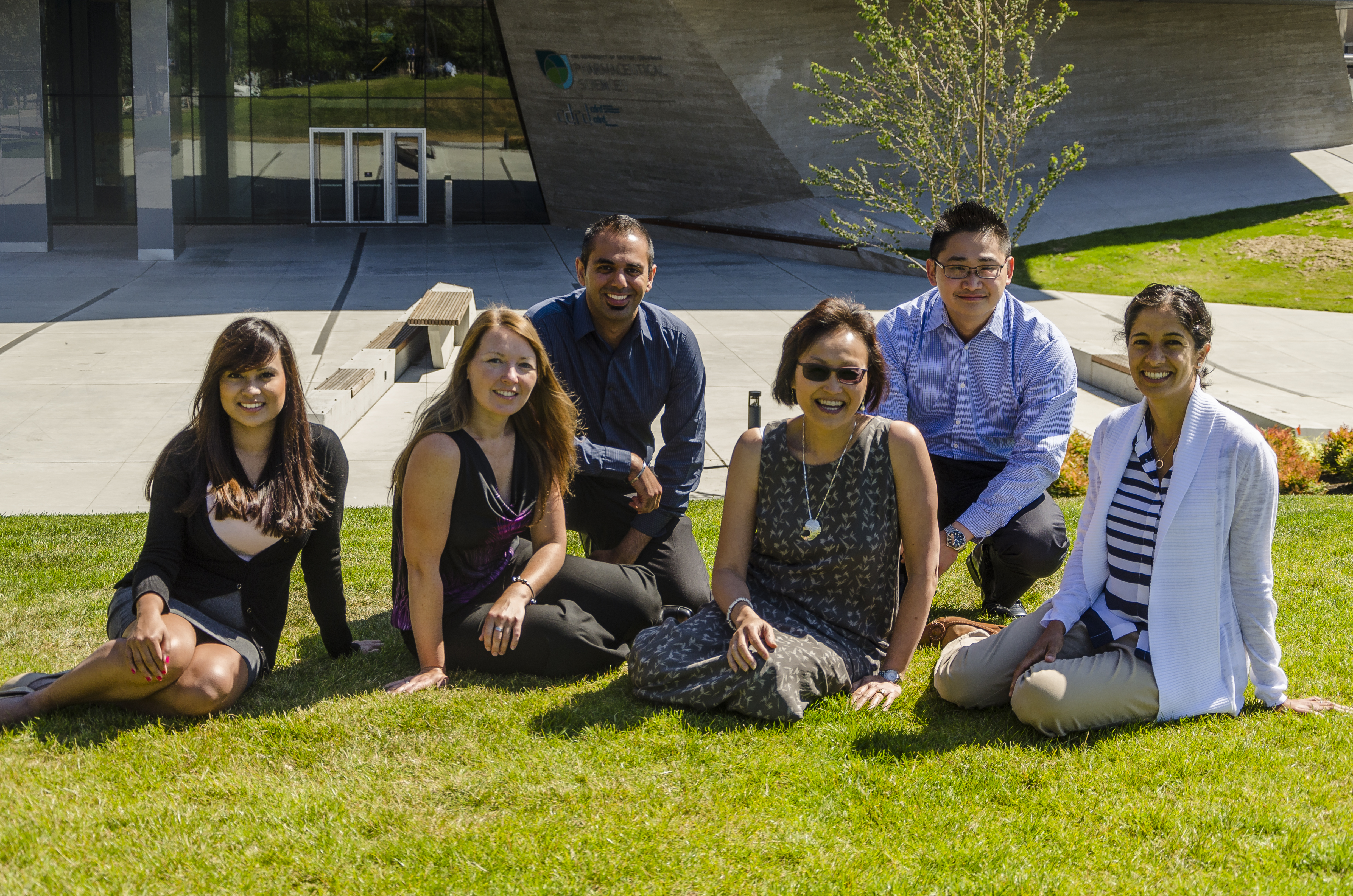The summer, with its long days and salty breeze, is the perfect time to reflect on the journey of an undergraduate education. While we attend a fantastic institute of education, many students attest to massive amounts of career training that happens outside of a classroom. While interviewing graduating students for our most recent issue of Discover, a consistent theme emerged through the advice section – explore as many pharmacy options as possible.
When giving advice to students who are still in the Faculty, grads wrote:
“One piece of advice I would like to give to students still studying in the pharmacy program is to explore different aspects of pharmacy whether you have an interest or not. Sometimes, when you experience something you realize you enjoy it when you may not have thought you would have. Ways to do this would be to visit smaller communities on OEE rotations, and trying to get hospital exposure before 4th year. By the time your 4th year hospital rotation comes, it is too late to apply for a residency.”
– Trevor Choo
“Our Faculty is committed towards providing us with the education and training needed to address the issues and challenges of our ever changing healthcare system. Use the next few years to explore your interests and challenge yourself.”
– Aaron Sihota
“This is a great time to explore what you want to do with this degree. I think it’s so important to expand your vision and try something you have never tried before.”
– Tian Zhang
This is where the Faculty of Pharmacy Office of Experiential Education (OEE) comes into action. The OEE is responsible for coordinating the structured practical experiential programs that students are required to complete for their BSc (Pharm). Facilitating over 1000 placements around BC per year, the OEE are superstars for helping provide students with this crucial out-of-classroom learning.
The Experiential Education Courses are an opportunity for students to apply knowledge learnt in school, in a real-world, practical environment. Given the opportunity to learn in a practical setting, many students commented on finding passions and interests that traditional in-class leaning would not have provided them. Furthermore, experiential education also lets you test-drive potential career paths, helping you decide what if certain careers are compatible with your lifestyle and your pharmaceutical interests.
Angela Kim Sing, Director of the Office of Experiential Education, maintains that experiential education is amongst the most valuable:
“While we can provide students with case based learning and practice lab simulations on campus, but there is simply no substitute for working with real patients in the community.”
UBC as a whole is committed to developing well-rounded students who have had positive in and out-of-classroom experiences. Recently, UBC has committed to supporting two “enriched educational experiences” per student during their time at university. This includes community service learning, research and co-op experiences, internships and mentorships, international opportunities, and participation in a rewarding campus life.
Has experiential learning left a lasting impact on you? Tell us in the comments!


 Follow
Follow